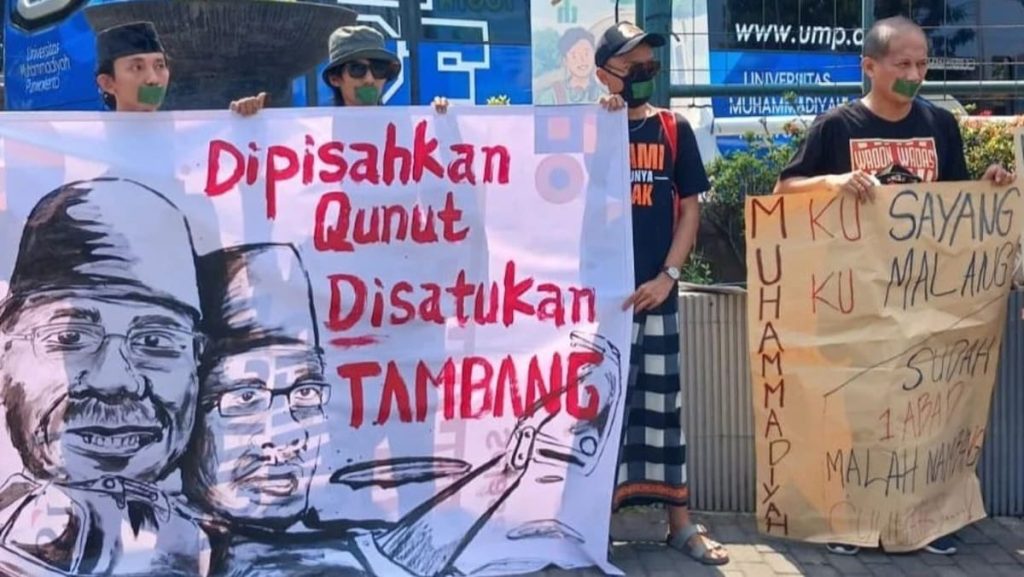In Indonesia, the government’s decision to allow religious community organisations to manage mining concessions has caused division within the country’s largest Islamic organisations. Muhammadiyah, the second-largest Islamic group, recently announced its approval of the policy after months of consideration. This decision comes after the country’s largest Islamic group, Nahdlatul Ulama, also expressed support for the policy introduced by President Joko Widodo’s administration. Together, these two groups represent over 100 million followers in Indonesia, the world’s largest Muslim-majority country.
Critics have condemned the government’s policy as a way for President Widodo to reward religious groups that supported his preferred candidate in the recent presidential election. While Widodo did not officially endorse his defence minister, whose running mate is Widodo’s son, his administration introduced programs seen as favoring the candidate, who ultimately won the election by a significant margin. Environmental groups have voiced concerns about the ability of religious organisations to responsibly operate mines and the potential for increased environmental damage as a result.
Activists have cautioned that religious organisations could face backlash from local communities if negative impacts of mining activities become apparent. This has raised questions about the suitability of relying on religious groups to manage mining operations. Environmentalists have also criticized the support of the policy by religious organizations. Civil society group Cik Di Tiro staged a protest at ‘Aisyiyah Yogyakarta University, urging Muhammadiyah to reject the mining offer. Alfarhat Kasman, a campaigner with the NGO Mining Advocacy Network, accused Muhammadiyah of making empty promises about developing an environmentally-friendly mining model, noting that all mining operations have the potential to harm the environment and local communities.
The support of Indonesia’s two largest Islamic organisations for the government’s mining policy has caused rifts within the groups themselves. Muhammadiyah’s decision to accept mining concessions at state-owned mines comes after Nahdlatul Ulama expressed its approval of the policy. These developments have further emphasized concerns about the potential for environmental damage and community backlash resulting from the involvement of religious organisations in mining operations. Critics have accused President Widodo of using the policy to reward groups that supported his preferred candidate in the recent election, leading to questions about the government’s motivation behind the decision.
The debate over religious organisations managing mining concessions in Indonesia highlights the complex relationship between religion, politics, and environmental concerns in the country. As activists and environmental groups push back against the policy, citing potential negative impacts on local communities and the environment, religious leaders must navigate the tensions within their own organizations. The support of Muhammadiyah and Nahdlatul Ulama for the policy underscores the challenges of balancing economic interests with environmental sustainability and community well-being in the context of Indonesia’s diverse religious landscape. The outcome of this debate will have far-reaching implications for Indonesia’s mining industry and the relationships between the government, religious groups, and civil society.


